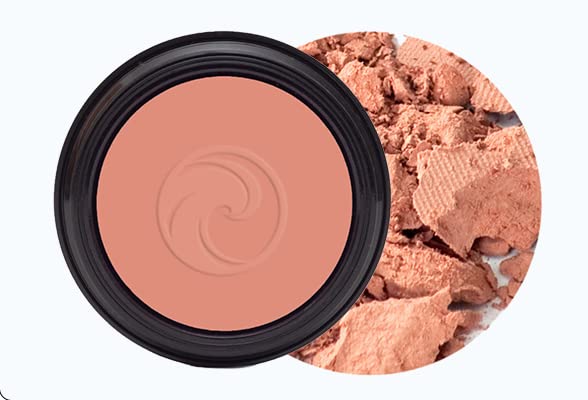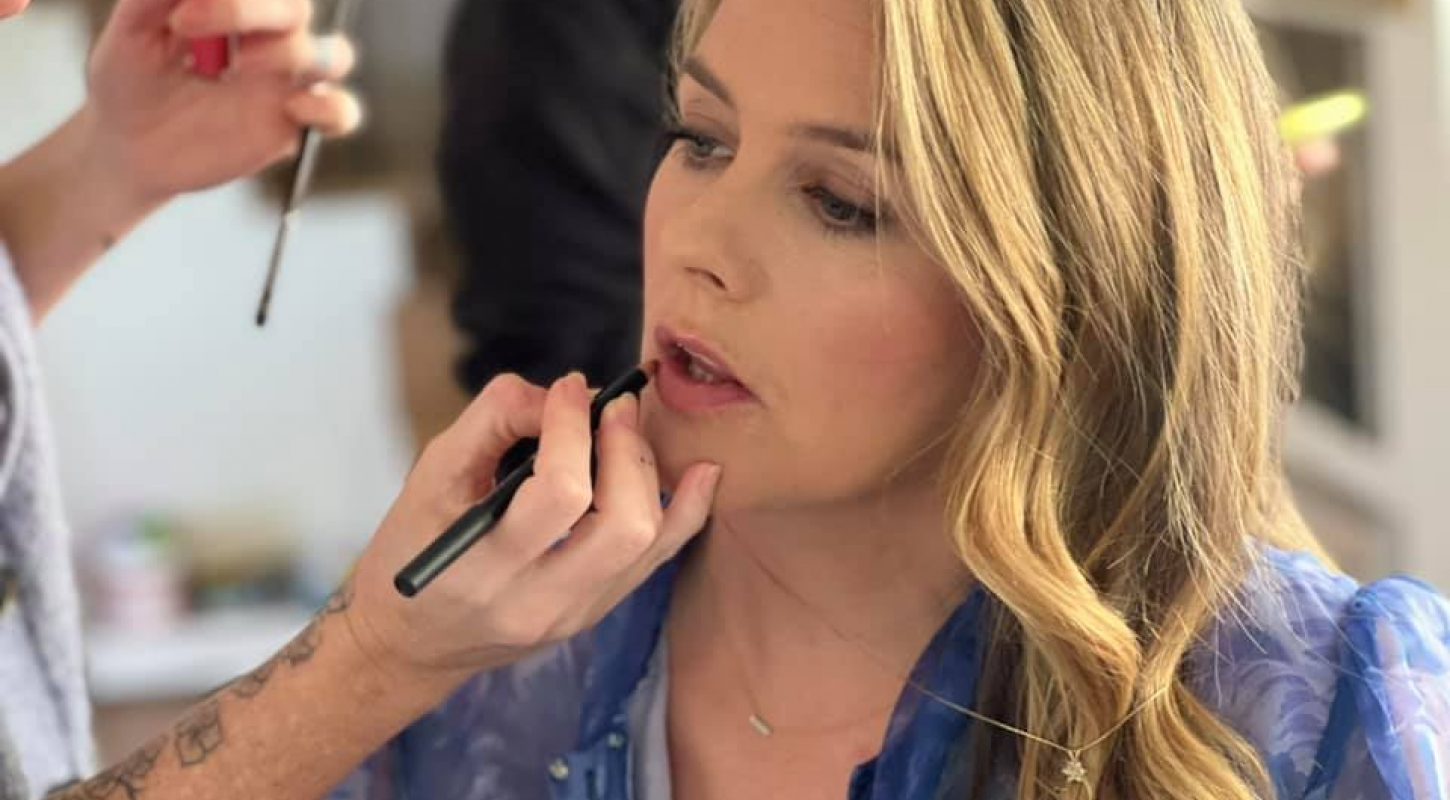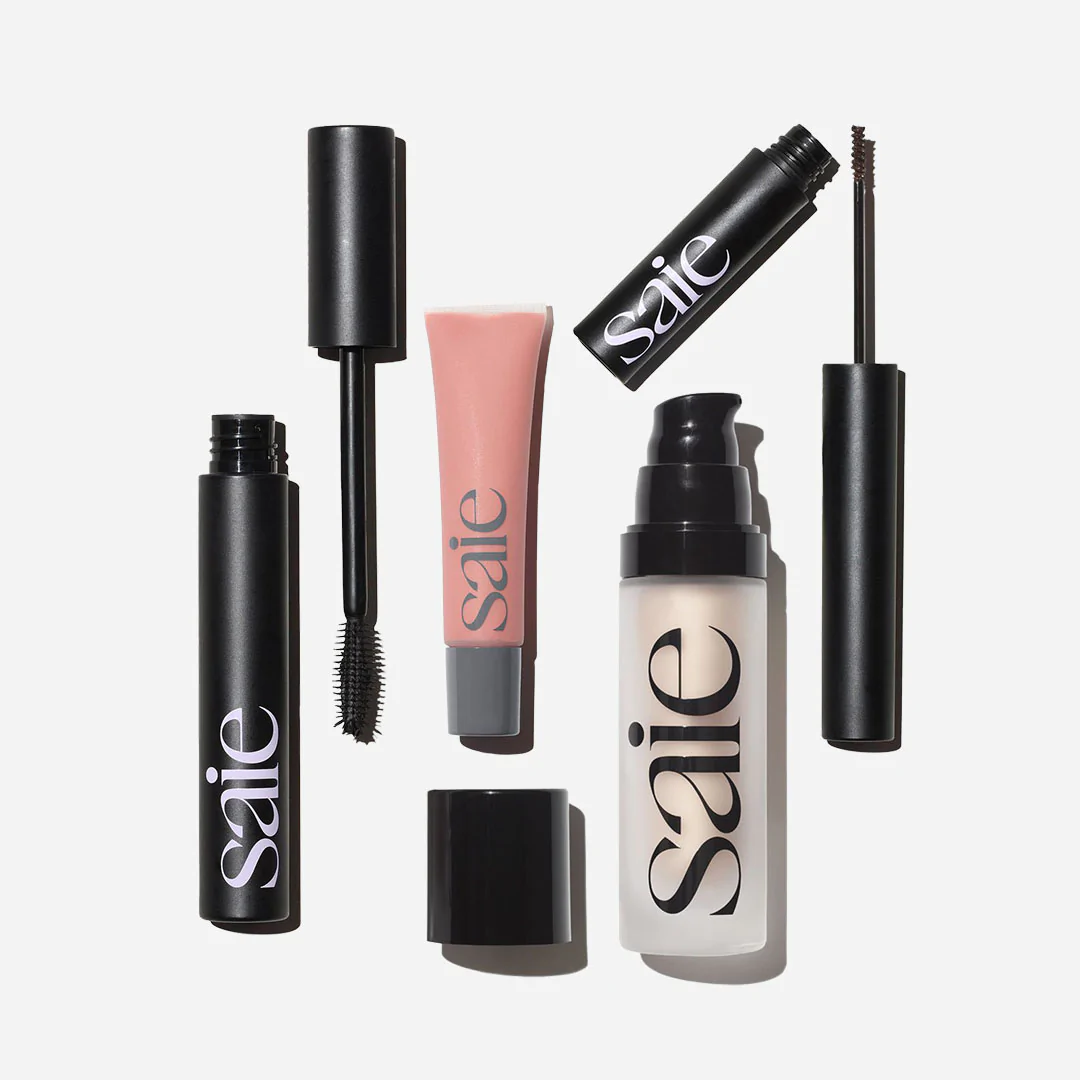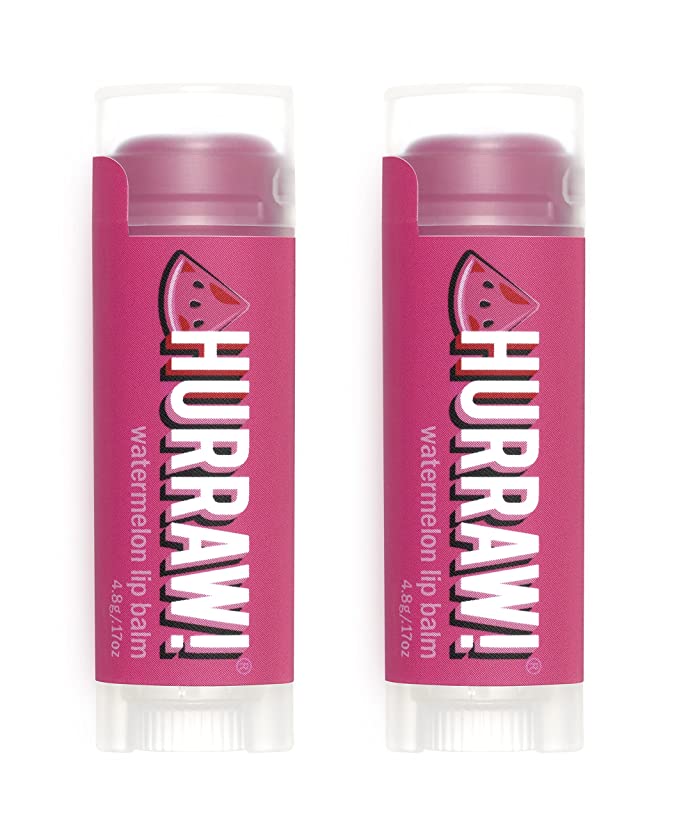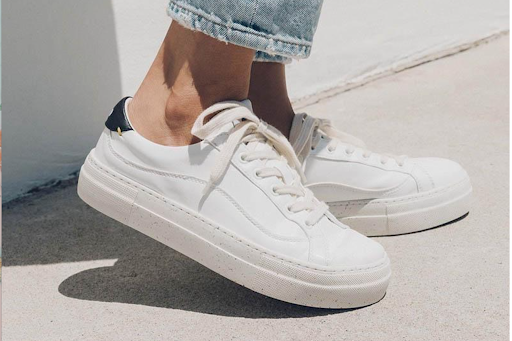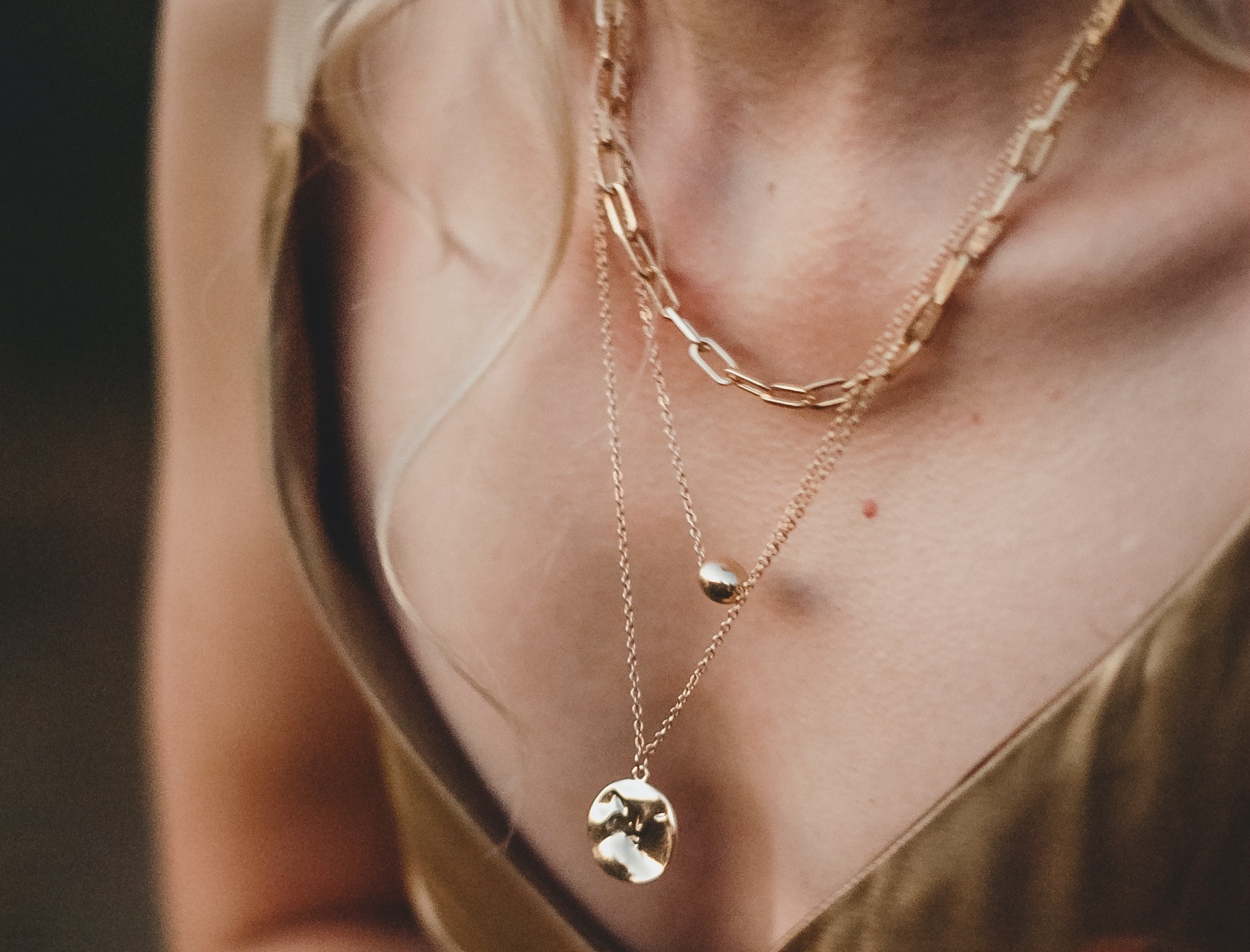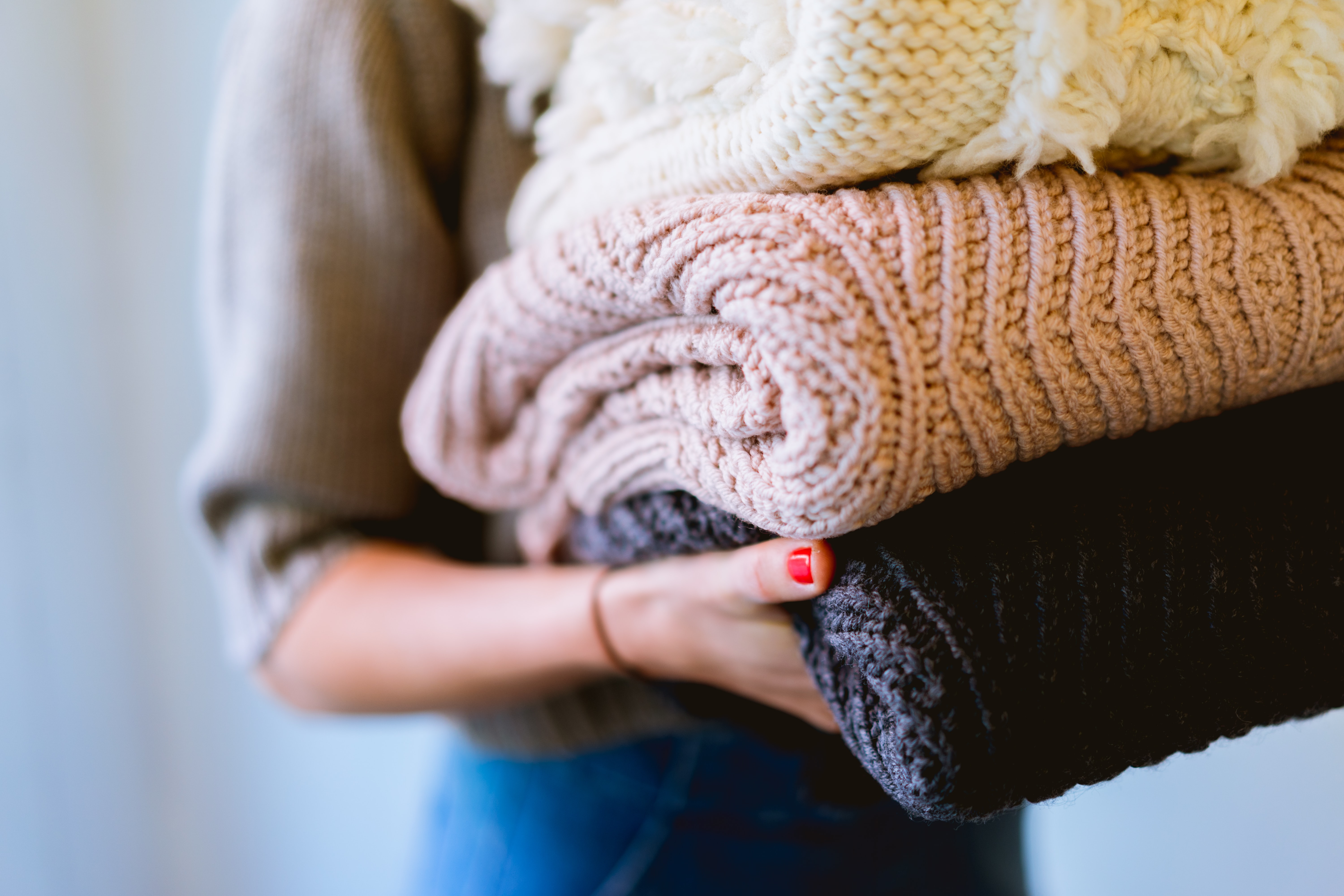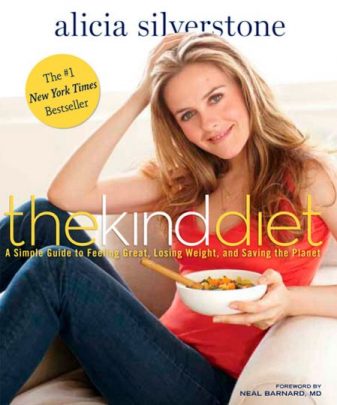With summer’s stickiness gone makeup is back in a big way. Makeup is a big part of my job as an actor, but my relationship with it is rather interesting. Especially because conventional makeup sucks! It can often be not great for our skin, clogging pores, and causing breakouts, —but that’s just the beginning.
Most of the chemicals in conventional makeup have been linked to serious health issues. These products are also not the greatest for the planet, either. And although it’s hard to believe, many conventional cosmetics are still tested on animals. Really!
Here’s what you need to know about makeup and which cruelty-free and vegan products are worth checking out.
Chemicals in makeup
Makeup is meant to be fun, right? Pops of color, dramatic eyes—it’s all part of the art of dressing up and having fun in our bodies. Which is why it’s even more startling just how toxic makeup can be. If the goal is to use it to have fun and show off our gorgeous selves, shouldn’t it be helping our bodies and not hurting them? I think so.
According to the Environmental Working Group (EWG) among a number of other groups and experts in the field, there are contaminants in makeup linked to a number of health issues, including cancer. And, what’s even more shocking is that makeup (and other personal care items) have the least amount of government oversight even though we’re putting these products directly on our skin, on our lips, and eyes daily!
EWG says that since 2009, nearly 600 cosmetics manufacturers have reported using 88 chemicals, in more than 73,000 products with links to cancer, birth defects, or reproductive harm.
There are 12 ingredients specifically that EWG says should be banned:
- Formaldehyde, a known carcinogen.
- Paraformaldehyde, a type of formaldehyde.
- Methylene glycol, a type of formaldehyde.
- Quaternium 15, which releases formaldehyde.
- Mercury, which can damage the kidneys and nervous system.
- Dibutyl and diethylhexyl phthalates, which disrupt hormones and damage the reproductive system.
- Isobutyl and isopropyl parabens, disrupt hormones and harm the reproductive system.
- The long-chain per- and polyfluoroalkyl substances known as PFAS, have been linked to cancer.
- M- and o-phenylenediamine, used in hair dyes, which irritate and sensitize the skin, damage DNA, and can cause cancer.
Manufacturers add these chemicals to makeup for lots of reasons: they maintain freshness, bind the products to prevent separation, they add color and fragrance, among other functions. But they come at a cost—our health and the senseless suffering of animals. But they don’t have to do this; there is another way, and that’s what we are about to share—better options for you and animals. Once I learned about all the chemicals, I decided I wanted nothing to do with them.
Animal testing
These unhealthy chemicals come with another side effect most of us want to avoid: testing on animals. Because these chemical ingredients are so inherently risky, companies must prove their safety. And that means some of the most awful and heartbreaking experiments on animals.
I have lobbied in California’s capital to help change the laws so there are no longer required tests for efficacy or safety. The Cruelty-Free Cosmetics Act was passed in 2018 banning the sale of cosmetics tested on animals in the state. But many companies are still testing in the U.S. And if you buy anything that is also sold in China (even if you are buying the U.S. version), there are requirements there that mandate companies test their products on animals.
In 2019, China started to relax rules on post-market animal testing, and last year it moved to end mandatory testing on most big-name cosmetics, but it’s still required for a large number of manufacturers. It can’t end soon enough! So even if the product you bought in the U.S. isn’t tested on animals, do you really want your dollars going to support a company that complies with testing rules in China?
Animal testing is a disgusting and devastating industry. And when you see that there are SO many companies making incredible products—often that perform better than the conventional stuff—made with safer ingredients that don’t require any testing, you realize just how easy it is to be done with this horrific practice.
Bonus: they are also planet-friendly. Why? Because natural ingredients aren’t byproducts of fossil fuels. They don’t require intense processing and refinings. And in many cases, they come from Fair Trade-sourced ingredients that support local communities and care for the earth. If these companies can do it, why can’t all of them?
I used to spend a lot of time looking for products not tested on animals. Now, it’s easier than ever. And a product with truly natural ingredients generally isn’t tested on animals—it makes no sense to test coconut oil on bunnies, right? But always read the labels to be sure or contact the manufacturer if you need more information.
How do you know if a product hasn’t been tested on animals? Most brands will tell you! It’s often a very visible label or logo on the packaging such as the Leaping Bunny or PETA cruelty-free logo—both also have databases you can search.
A quick note on cruelty-free and vegan labeling. Wonder why you’re seeing both of these on product labels? It’s a good question! Generally, cruelty-free means the product and its ingredients were not tested on animals. But that doesn’t mean the ingredients are all vegan. A common culprit is beeswax (read more on my thoughts about it here), which you find in a lot of mascaras. It’s not vegan. But some people are okay with a bit of it in their cosmetics versus the much more egregious stuff. There is also carmine, which is made by crushing a specific type of beetle for its red pigmented shells. Other animal ingredients in cosmetics that are less common include tallow (animal fat), lanolin (sheep wool oil), squalene (shark liver oil), gelatin (cow or pig bones, tendons or ligaments), allantoin (cow urine), ambergris (whale vomit), and placenta (sheep organs).YUMMY 🤦♀️🤪
My favorite cruelty-free and vegan cosmetics
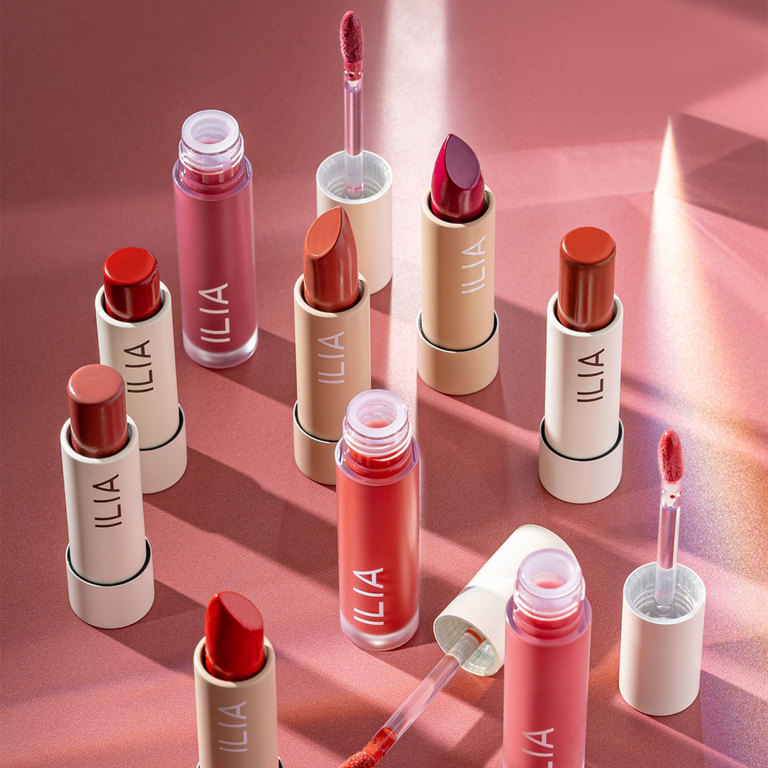
Ilia
I love the Temptation and Waking Up colors.
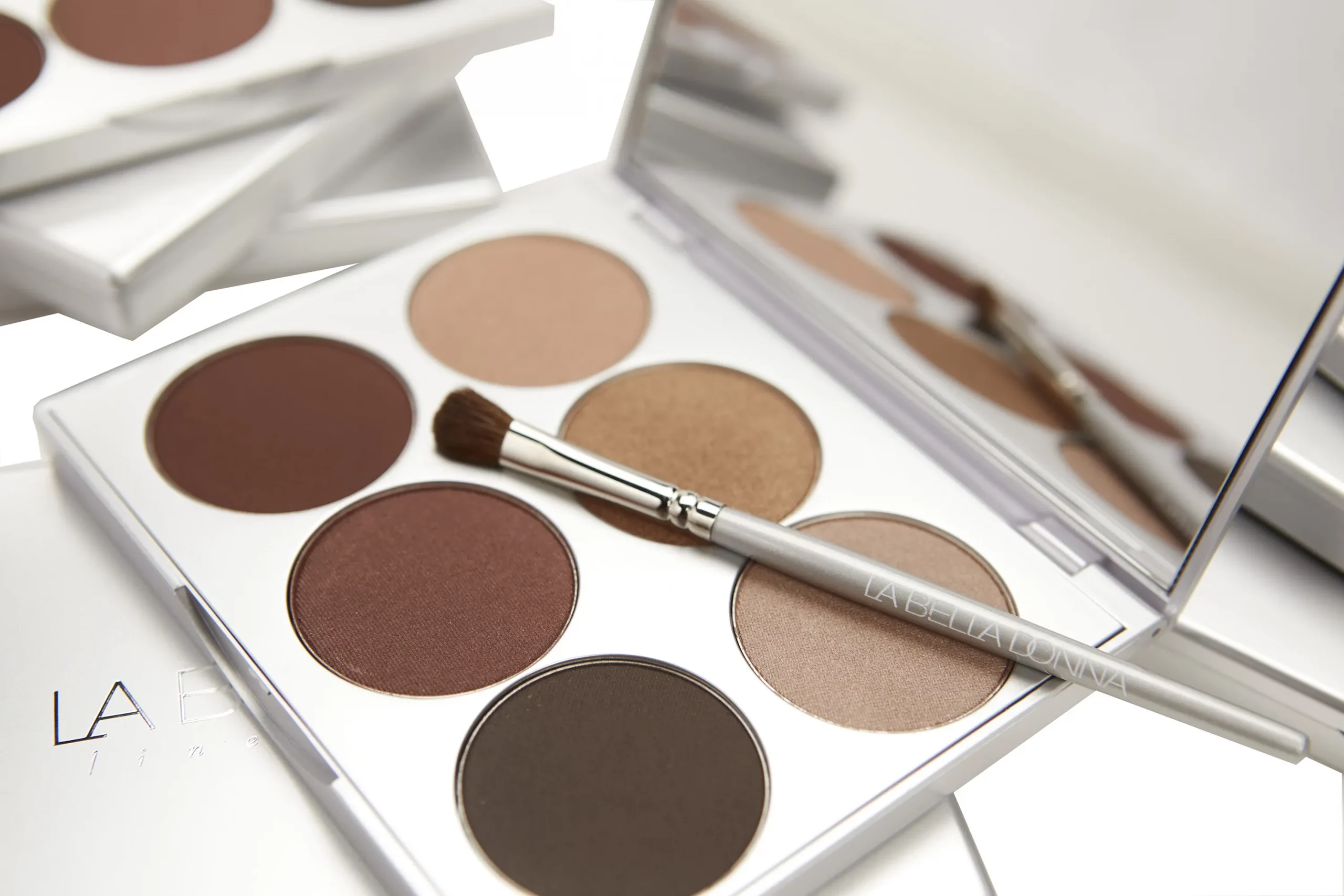
La Bella Donna
Saie
*contains beeswax
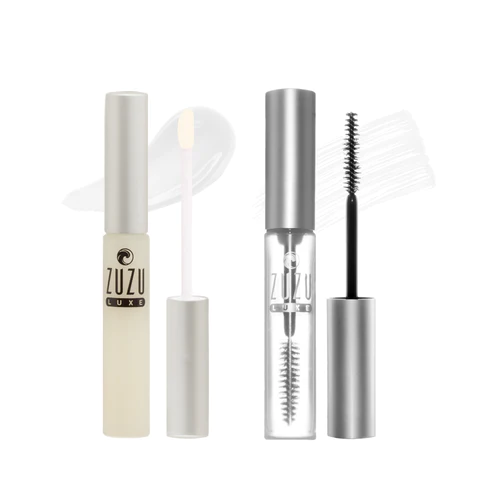
Zuzu
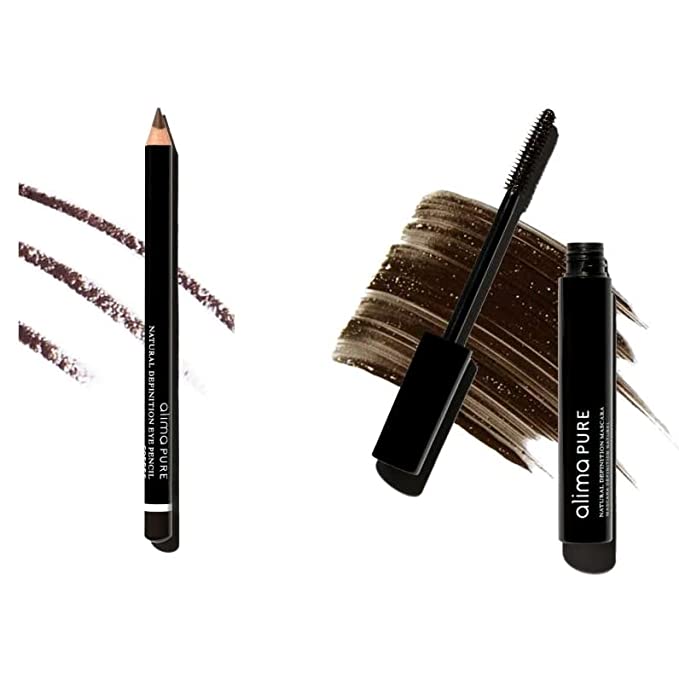
Alima Pure
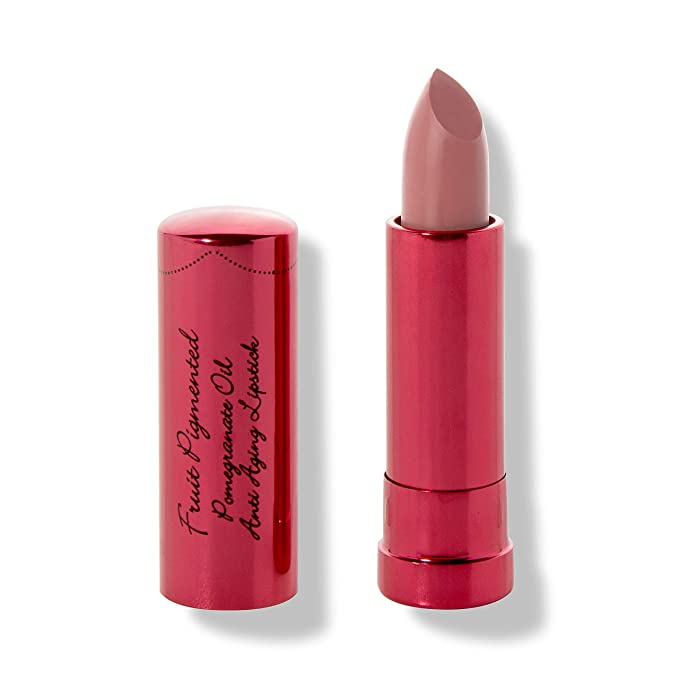
100% Pure
Hurraw
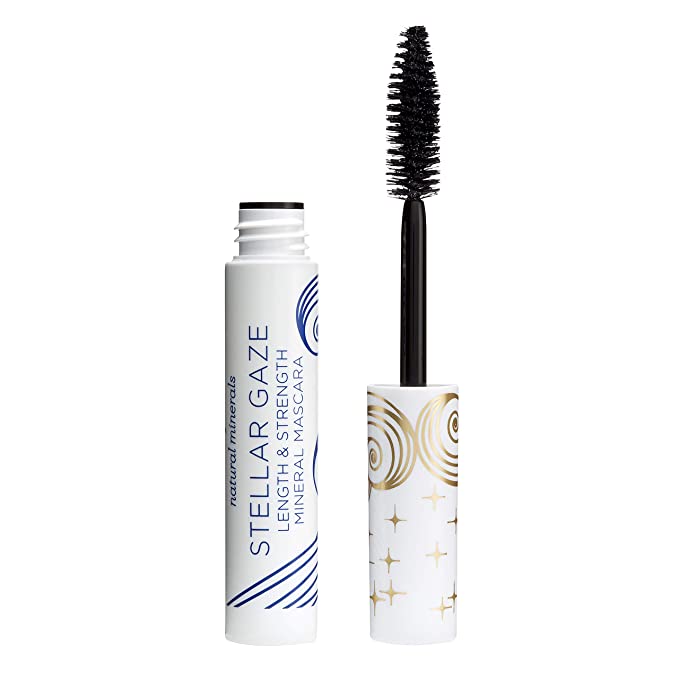
Pacifica
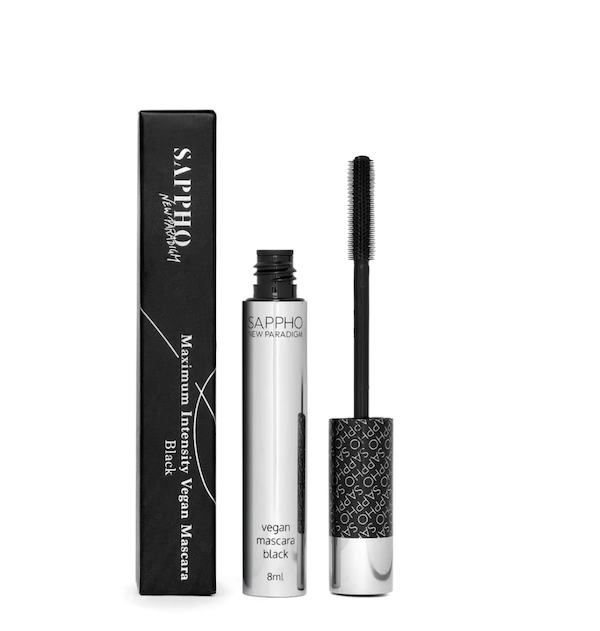
Sappho
